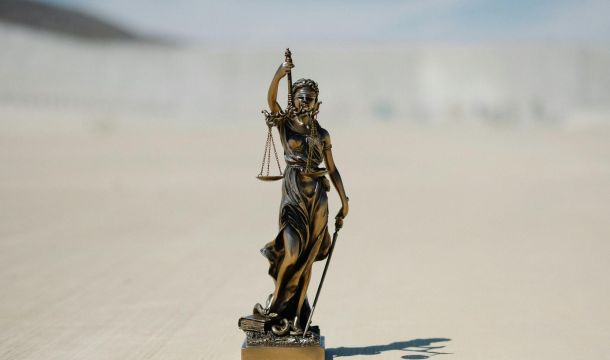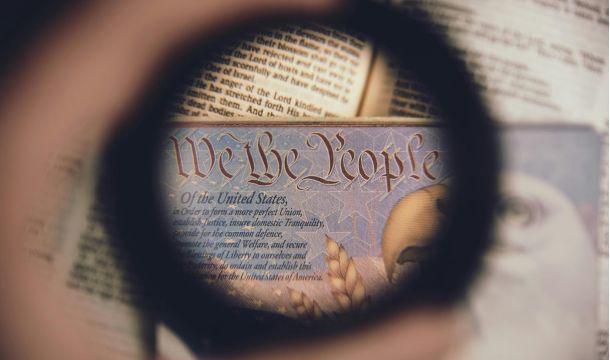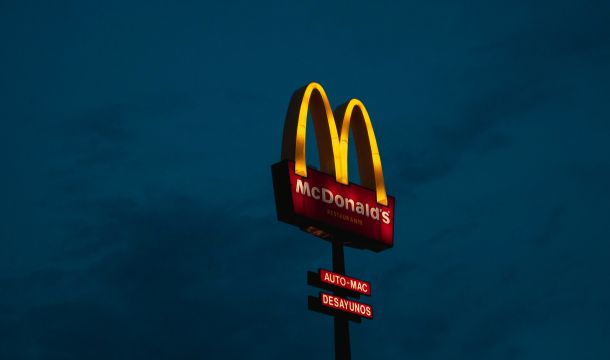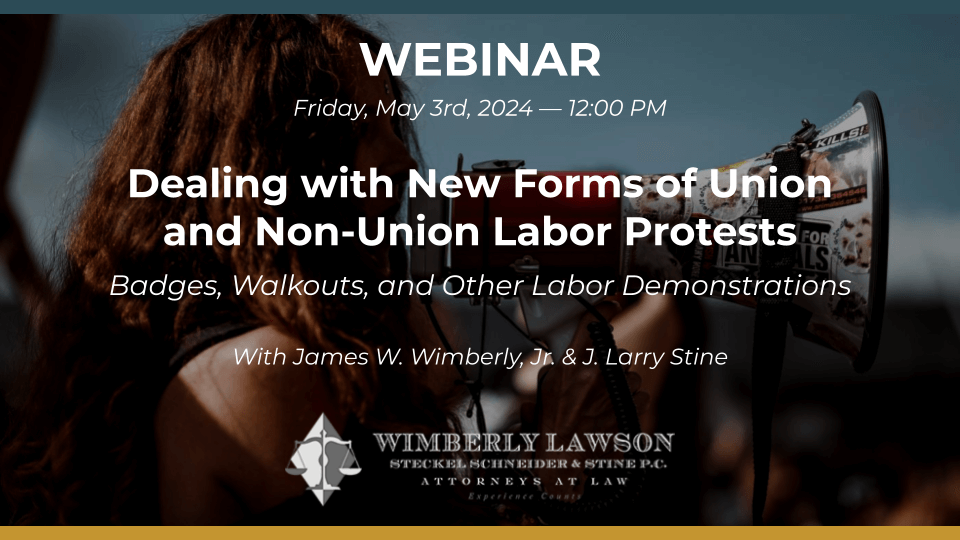Current NLRB Recent Rulings on Union Lobbying and Protected Concerted Activity Make Changes
It is well recognized that the current National Labor Relations Board (NLRB) is reversing some of the Obama-era rulings that adversely affected the employer community. One of the issues addressed is whether a union in a non-right-to-work state may charge non-members "agency fees" for certain activities not directly relating to collective bargaining. In such states, employees do have the right to refuse to participate in certain union expenditures, such as those for political activities. Based upon prior rulings of the U.S. Supreme Court, unions have long been prohibited from using mandatory agency fees for purely political activities, but certain lobbying expenses have been allowed where the issues relate to collective bargaining matters. In a ruling of the NLRB on March 1, 2019, however, the NLRB ruled that agency fees may not be used to fund lobbying expenses. The NLRB majority, with the lone Democrat dissenting, found that lobbying activity is not a representational function simply because the proposed legislation involves a matter that may also be the subject of collective bargaining. United Nurses and Allied Professionals, No. 01-CB-011135.
The NLRB majority also said that unions must provide non-members with an independent audited verification as to which expenses can be paid with agency fees. This information gives non-members the opportunity to make an informed decision about whether to challenge a union's calculations about what expenses can be paid with agency fees.
In a further policy shift suggested this week, the NLRB General Counsel, Peter Robb, stated that his office may take the position in the future that unions should tell new employees how much they would pay in agency fees if they decided not to join the union so that they can have a better opportunity to object to paying the full member dues. This is not yet the policy of the NLRB itself, but the NLRB General Counsel serves as sort of a prosecutor who picks cases and issues to be determined by the NLRB itself.
Related Content
Get Email Updates

Judge Invalidates Joint Employer Rule, and Independent Contractor Rule Takes Effect

The Importance of Fairness in Employment to the Law and to Job Satisfaction

Major Employers Challenge Constitutionality of Labor Act

Starbucks' Big Change in Labor Policies

Judge Orders Survey Data to Be Revealed from Employer EEO-1 Reports

